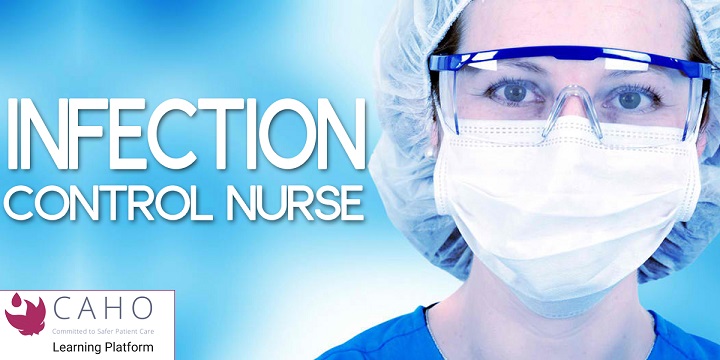The Responsibilities of Infection Control Nurse

Due to COVID-19, people have started realising the importance of healthcare specialists, along with a special focus on nurses who have made it their responsibility to serve the patients, no matter the time of the day. During the pandemic, nurses working at different levels have received well-deserved gratitude for the essential role they played in ensuring the containment of patients and their care. One such specialist nursing group that has greatly emerged in public during the pandemic is the Infection Control Nurse (ICN). They help in preventing and identifying the spread of infectious agents in a healthcare environment.
With every day presenting a new challenge, the role of ICN has significantly increased in the last two years. Their hard work towards recognition, isolating and preventing healthcare-related infections have been quite a big help for healthcare organisations and specifically, the patients. ICNs are regarded as quite meticulous and detail-oriented individuals. They know the risks of various infectious agents and are capable of effectively communicating the best practices to their colleagues that save lives. So for people looking to make a career as an ICN, here are the major responsibilities they need to undertake:
Analyse: ICNs need to analyse infection data, facts and trends, and share the findings with other professionals. They are responsible for reading academic articles and then connecting with colleagues who have relevant findings, so they are prepared for anything and everything.
Educate: ICNs are responsible for educating their colleagues and patients on how to control and prevent infectious diseases outbreak. This role entails creating and sharing sanitation plans that need to be implemented at the healthcare organisation, and any other relevant location.
Research: ICNs also work with scientists and doctors to study and identify the bacteria or viruses of infectious diseases and find ways to eliminate such illnesses. This research is heavily dependent on understanding the composition and origins of pathogens, which can lead to the creation of new practices that better patient care.
Infection control nurses are currently at the forefront of modern healthcare solutions. For someone interested in setting up a career as an ICN, one of the best ways is to opt for the infection control nurse course offered by the Consortium of Accredited Healthcare Organisations (CAHO). The recognised non-profit organisation aims to improve the quality and safety of healthcare services with programmes such as fire safety training for hospital staff, basic nursing communication, etc.
Post a comment